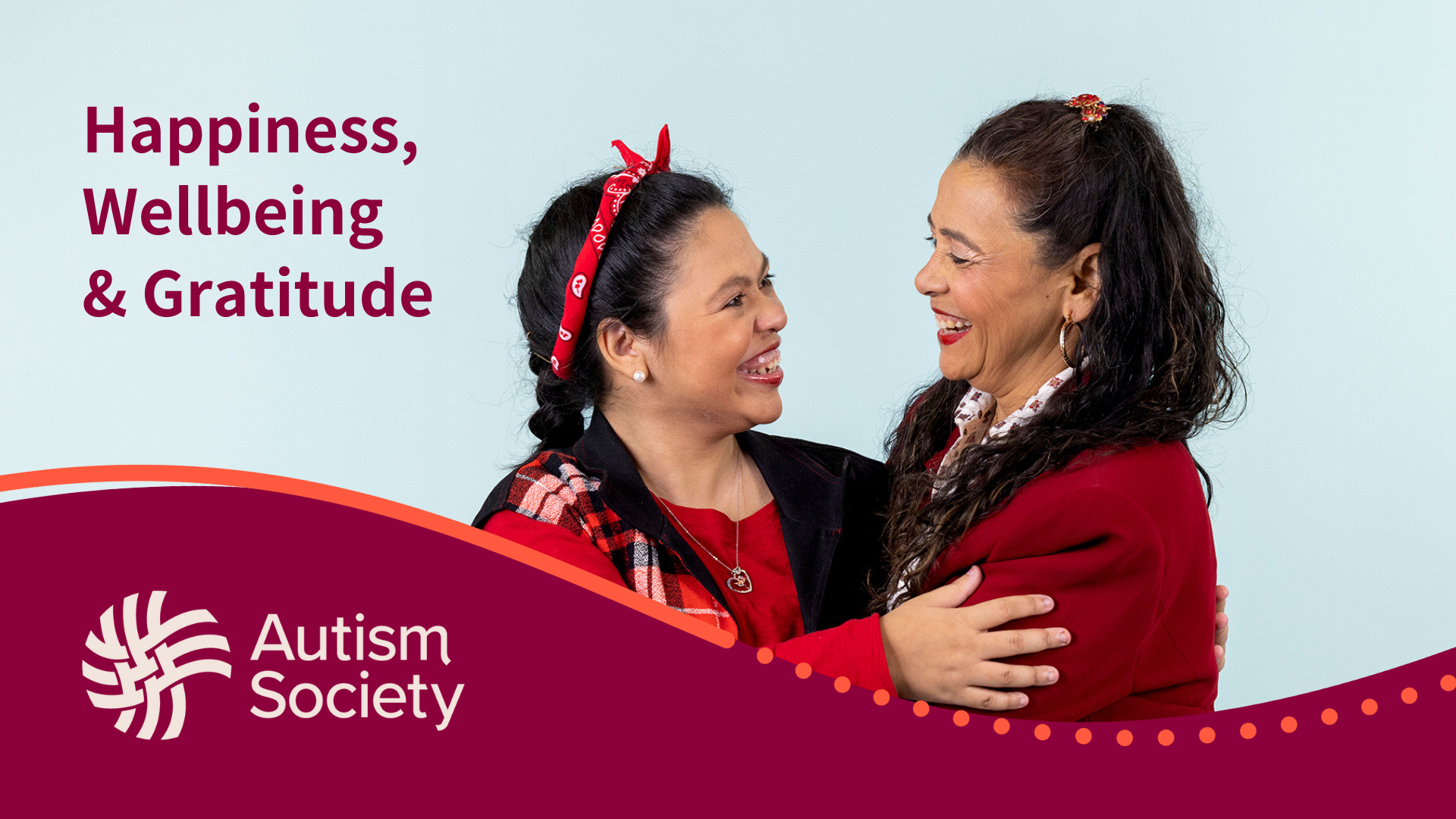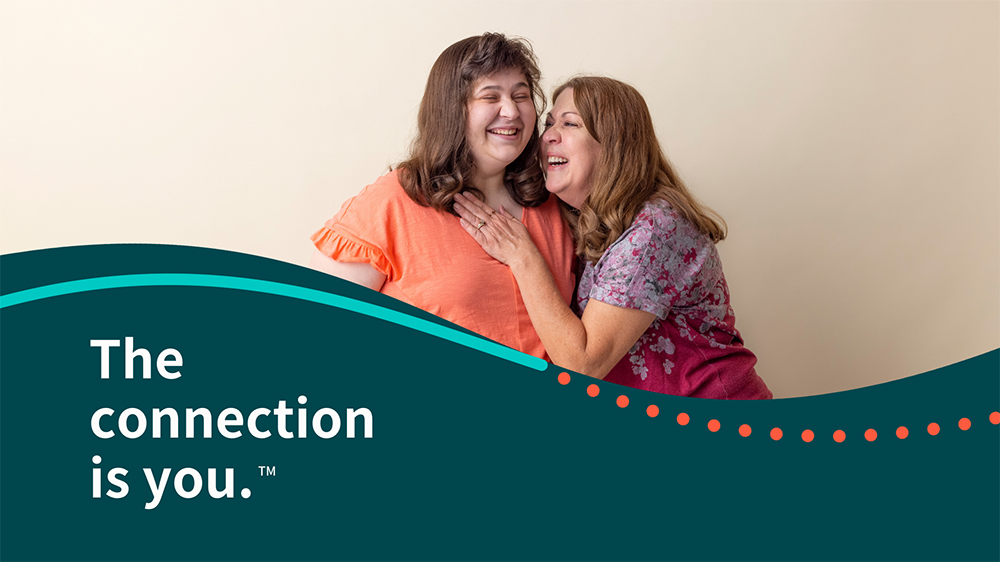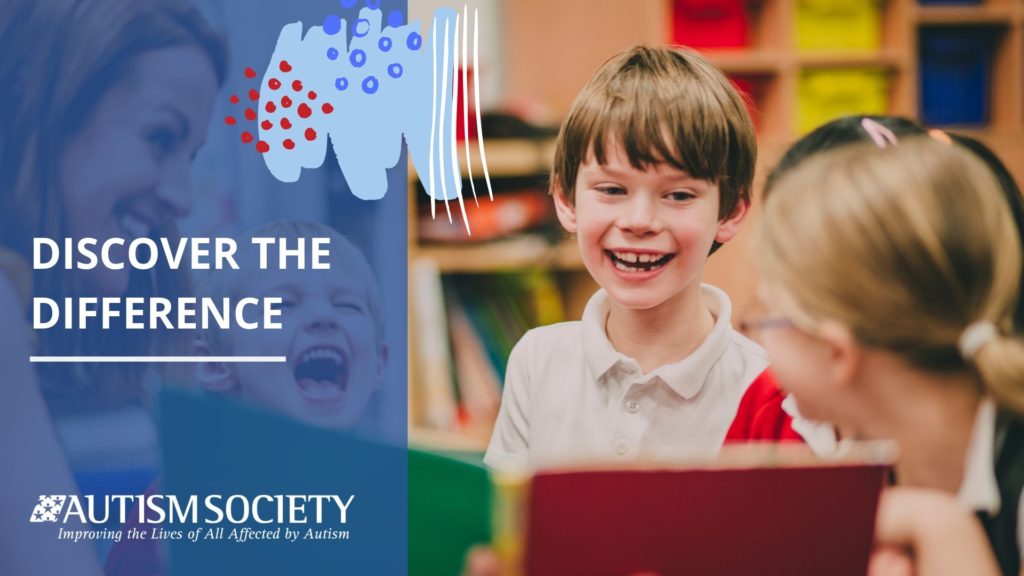
Happiness, Wellbeing & Gratitude
Saturday, September 21st is World Gratitude Day. This year, we’re teaming up with Proof Positive to connect the Autism community with resources and strategies that promote happiness and wellness.
When we talk about happiness, it often feels like an elusive concept—something that comes and goes without much control. But what if we told you that happiness isn’t just a fleeting feeling? What if it could be learned and cultivated intentionally? That’s where the science and skills of happiness (otherwise known as positive psychology) come into play.
People of all ages and abilities can learn, practice, and teach the evidence-informed skills of happiness and wellbeing, such as gratitude, mindfulness, and meditation. The Autism community—including Autistic individuals, their providers, and caregivers—can take action and improve their wellbeing by practicing the skills of happiness, like What Went Well.
Understanding the Gratitude Skill of What Went Well
What Went Well is a simple, evidence-based strategy to help you develop a gratitude practice, strike a balance in what you focus on day-to-day, and improve your overall wellbeing. Here’s how: Take a moment to reflect on what went well by writing down three good things that happened each day for two weeks, no matter how small. Gratitude practices enable us to be more resilient while facing challenges and can help us live healthier, happier lives.
For individuals who communicate most effectively using visual supports, these grateful/not grateful cards can teach the concept of gratitude through sorting or categorization. Download the grateful/not grateful cards.
Can Happiness Really Be Learned?
The short answer is yes! Research shows that happiness isn’t just a matter of personality or circumstance but can be cultivated through specific practices and habits. What Went Well is just one of many practices that can promote wellbeing. By consistently focusing on positive experiences, individuals can enhance their emotional resilience, reduce stress, and improve overall wellbeing. The practice of gratitude has been shown to contribute to a decrease in depressive symptoms for parents of autistic children (Martin et al., 2019), and a disposition of gratitude also increases the likelihood of improved social support for parents who have an autistic child (Lovell & Wetherell, 2023).
How Parents Can Support This Skill
As parents, you play a crucial role in fostering your child’s emotional development. Introducing What Went Well into your family routine can be a wonderful way to support your entire family’s wellbeing. Here’s how you can get started:
- When you find your family around a table, you can kick off the meal by asking, “What went well?” Pictures are a great way for individuals with less language to practice gratitude. They can point to a picture from their day that made them happy/grateful.
- As parents, we know just how many hours are spent driving kids to and from school, therapies, sports, and music lessons. When your child enters the car after a therapy session or practice, ask them, “What went well in there?”
Free Resources from Proof Positive
We’re committed to making the skills of happiness accessible to everyone. That’s why Proof Positive offers free teaching materials designed to help you and your family integrate What Went Well and other skills of happiness into your daily lives. Our resources are tailored to accommodate different learning styles and needs, making it easier for individuals with autism to benefit from proven wellbeing practices.
For more information and free resources, visit us at Proof Positive.
Spread: https://proofpositive.org/skills/what-went-well/spread/#for-your-family
Share:





